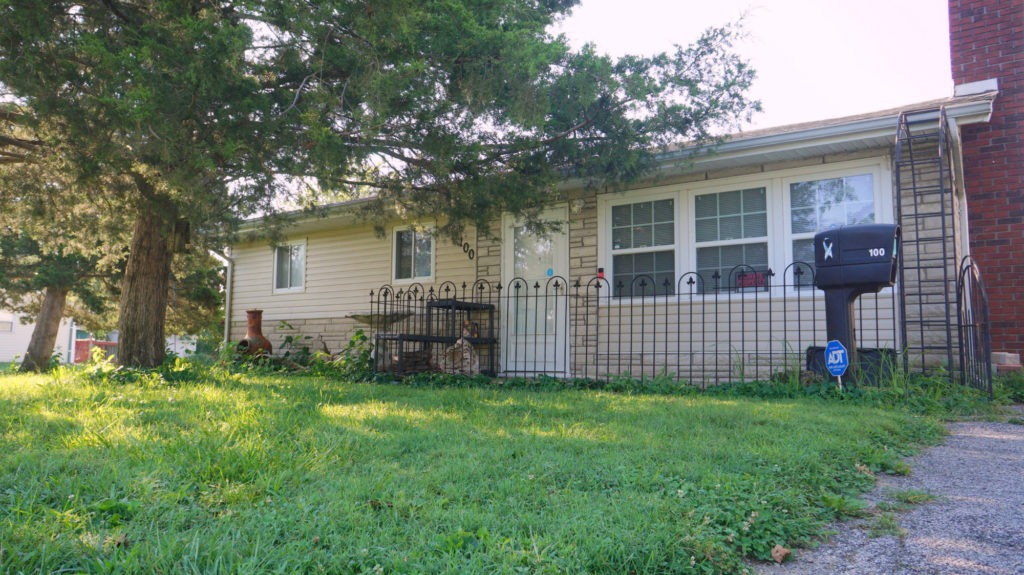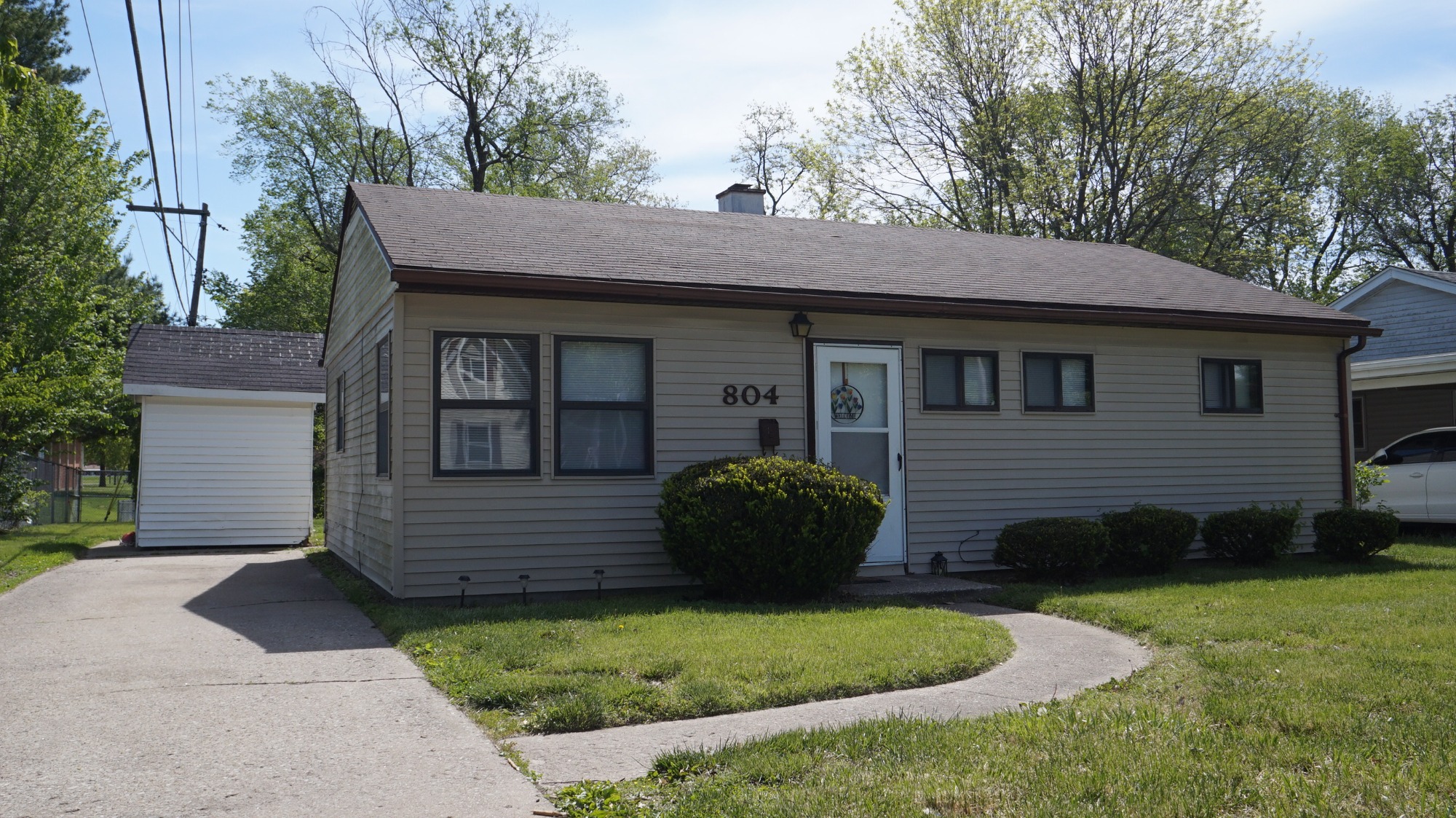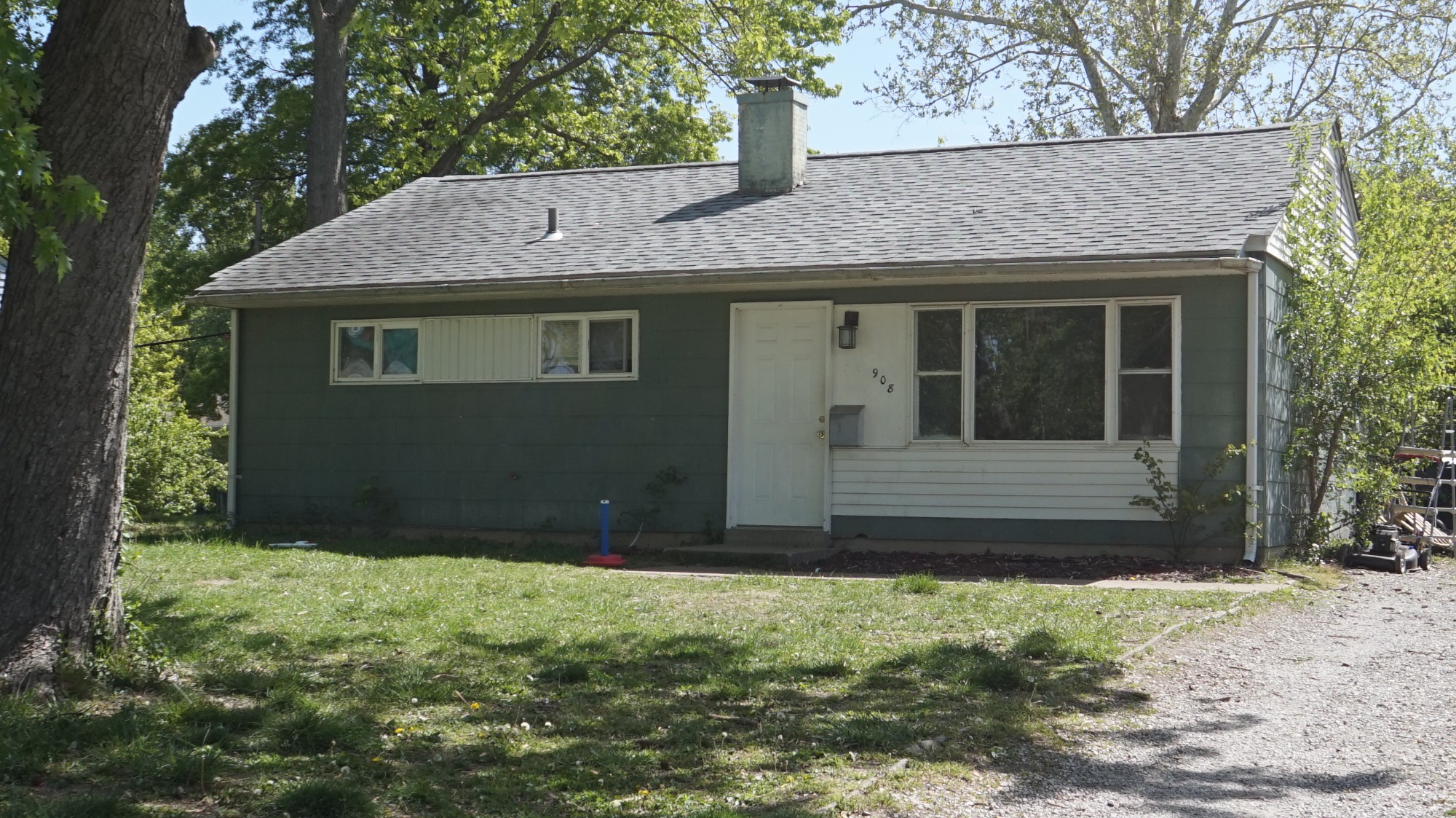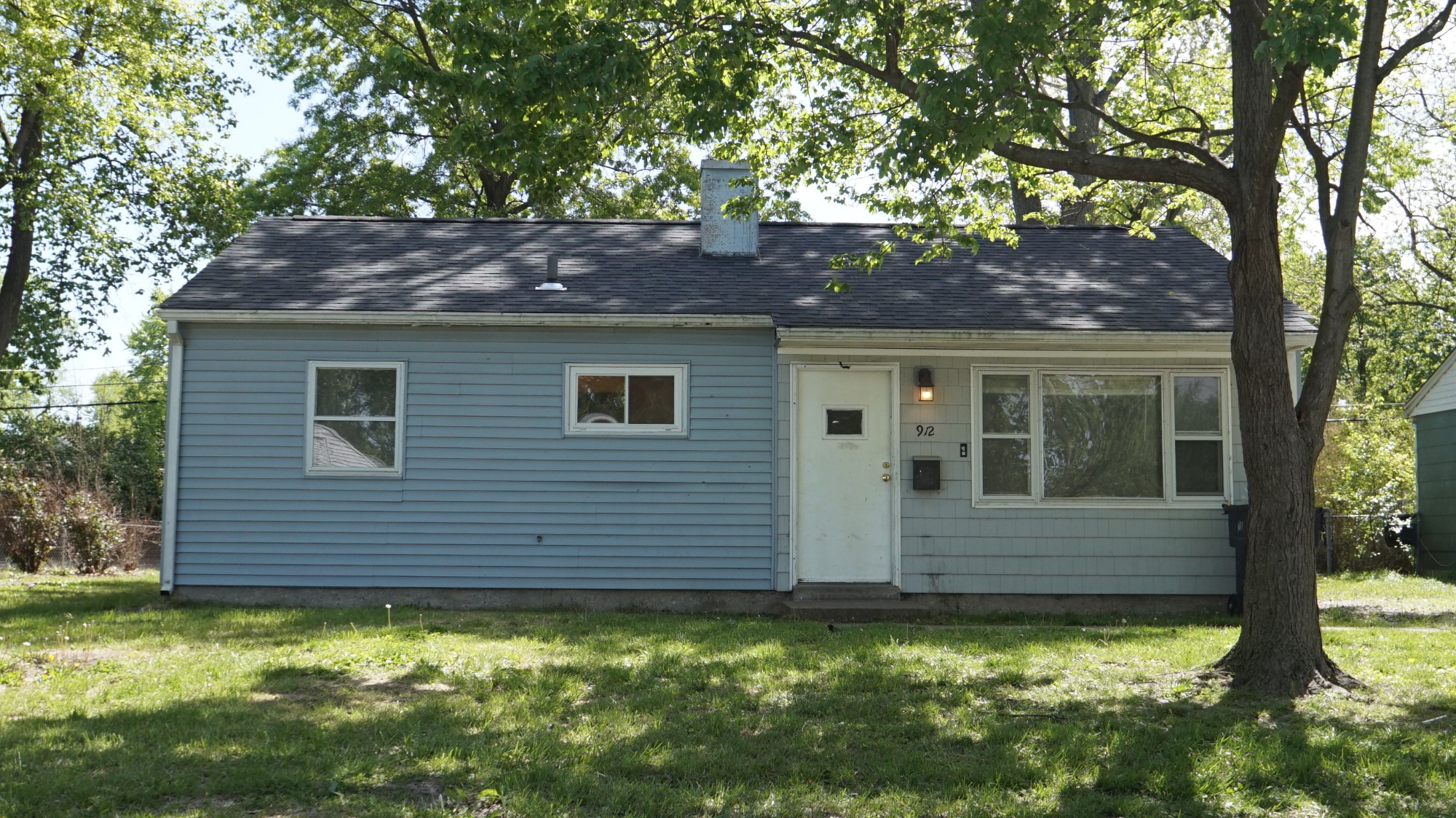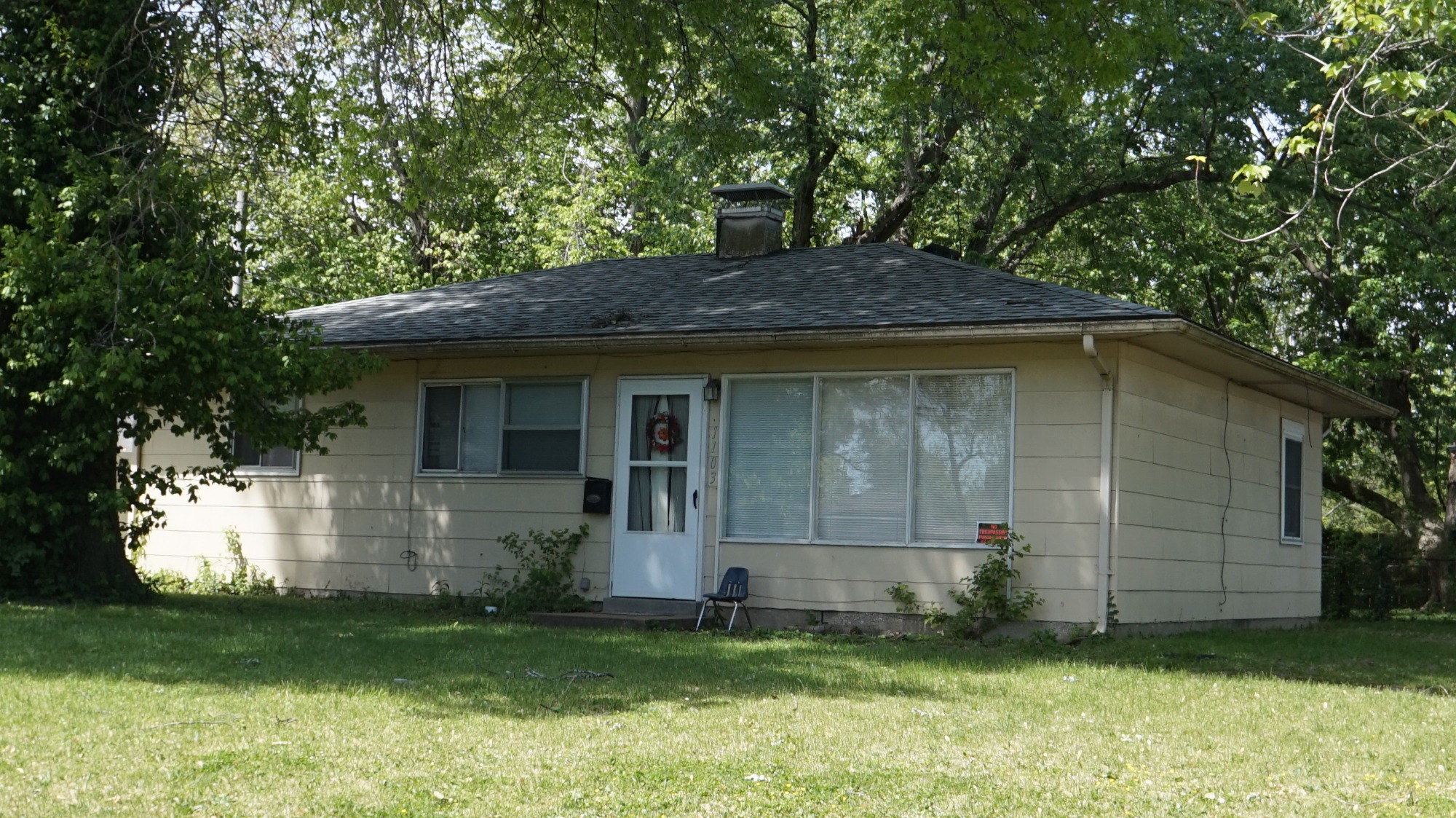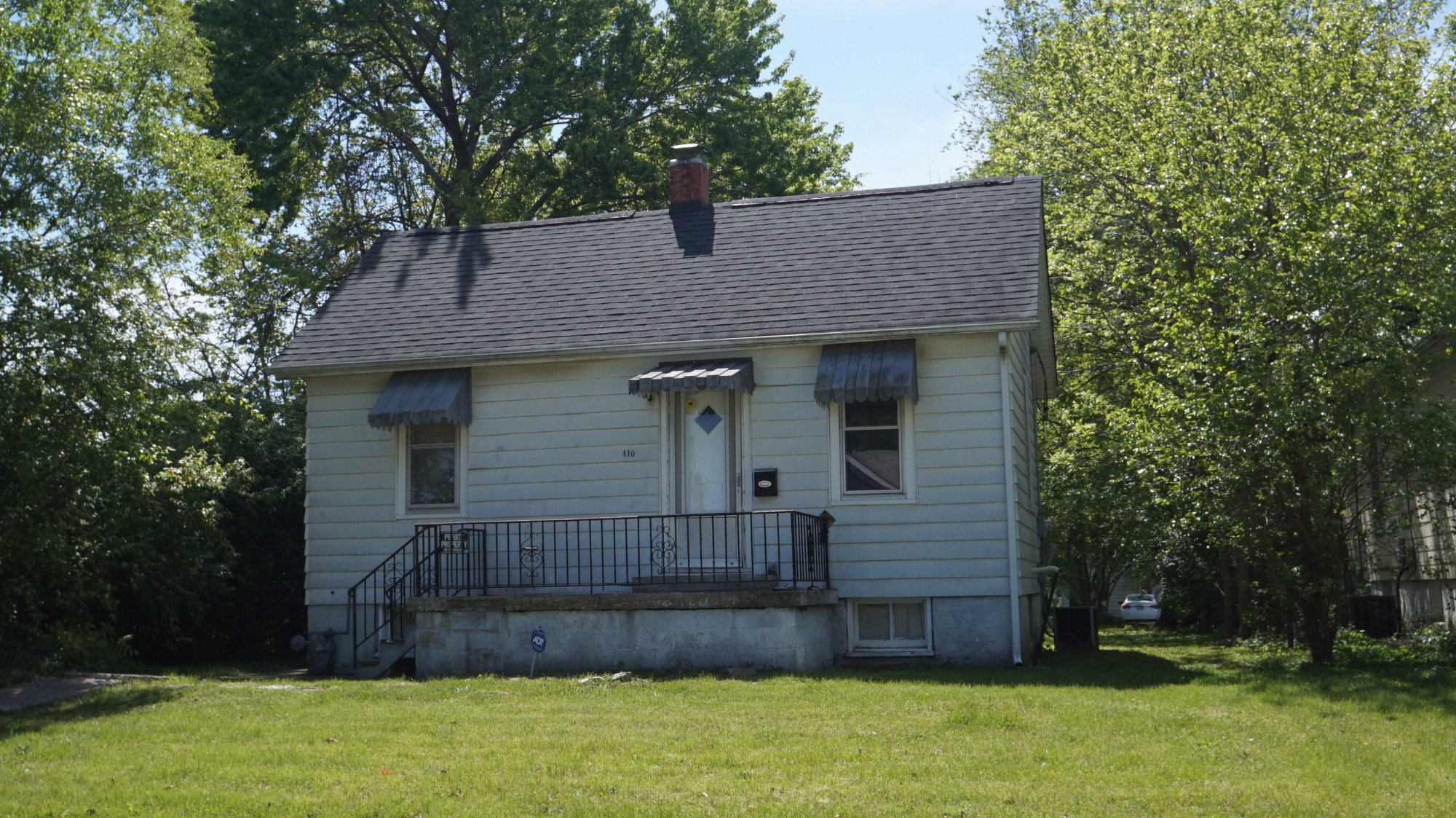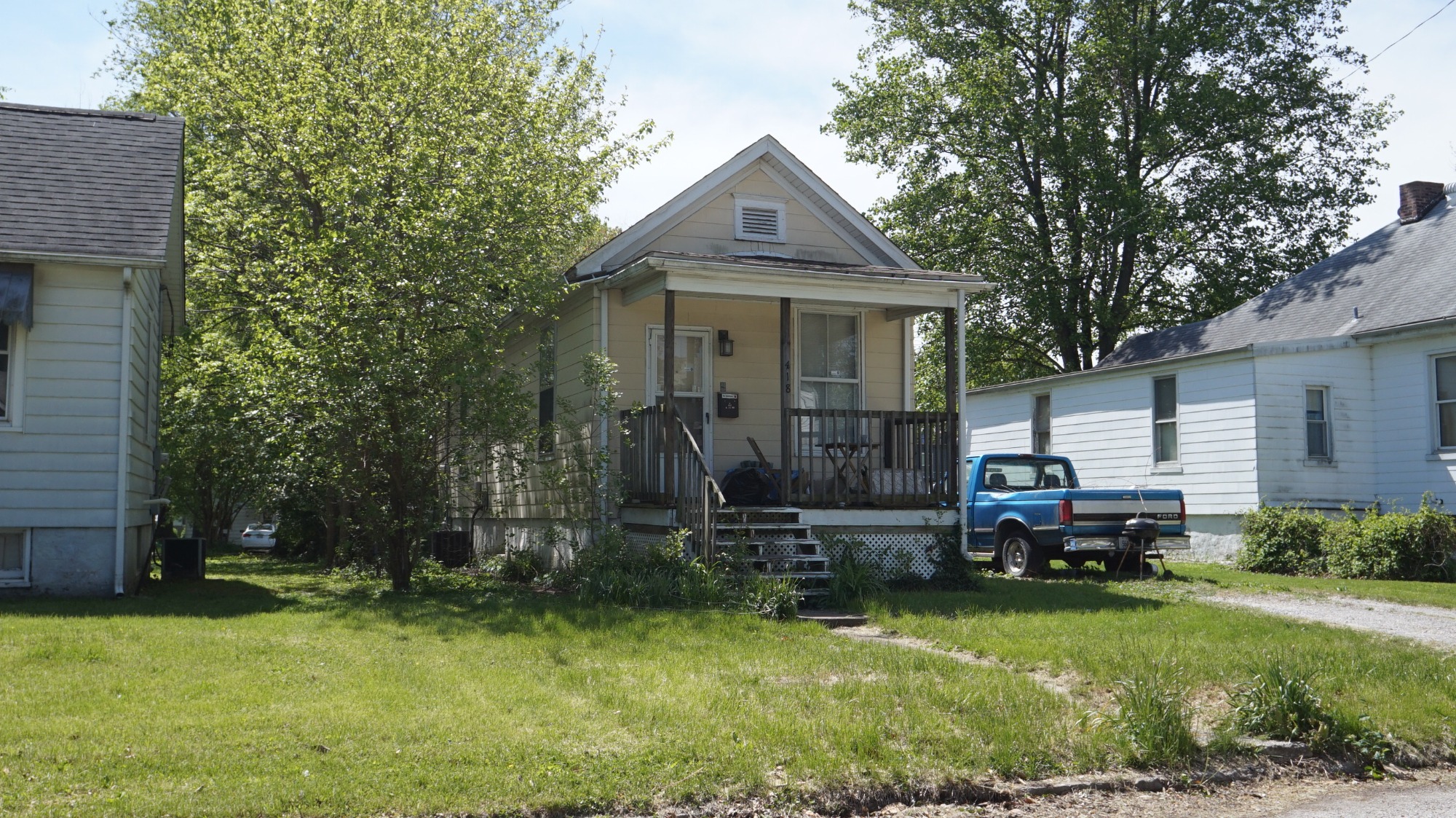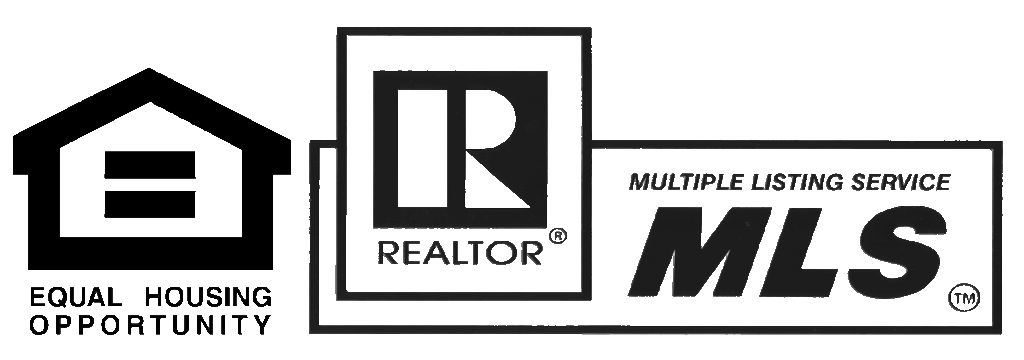
Check out these local events that are happening in the surrounding areas!
Thursday, July 20th
Columbia, IL – Stop by the Turner Hall parking lot in Columbia, IL to shop local and support small businesses. You can find fresh produce, flowers, sweet treats, and handmade gifts. We will have all of our most popular items and showcase something new every week. AND starting July 13th we will have our laser on site offering custom engraved gifts!
Time: 4:00 PM – 7:00 PM
Millstadt, IL – Trick out your JEEP this summer and have a little fun! David Taylor Jeep and Monaco Canned Cocktails are again sponsoring a weekly JEEP JAM – but 2023 will be better than EVER!! There’s no cost to participate. Start and finish at any location each week. Simply pick up a JEEP JAM card after 5 pm at your starting location. Get a punch at all 4 locations, and turn the card in by 9 pm at your final destination. Fill out 1 card each week to enter for a chance to win a FANTASTIC GRAND PRIZE donated by David Taylor Jeep. The more weeks you participate – the more entries you’ll have! (Must have Name, Phone, email, and 4 punches on each entry to qualify.)
Time: 5:00 PM – 9:00 PM
Belleville, IL – Summer is the perfect time to experience the farm! Join us for an extra-special, evening-farm session where you will be able to explore our 2-acre sunflower field, cut a beautiful sunflower bloom to take home, and then sip on a flight of our hard ciders. Start your night off with our signature cocktail from the Cider Shed before enjoying a tractor ride out to our Sunflower fields. After experiencing the farm at night, we’ll meet back at the Cider Shed to enjoy a flight of our signature hard ciders and a jarcuterie (think charcuterie, but in a cup) while listening to live music. For tickets, click here.
Time: 6:00 PM – 9:00 PM
Belleville, IL – Join us for a fun night of acoustic songs performed by Danny Kalaher!
Time: 6:00 PM – 9:00 PM
Friday, July 21st
Columbia, IL – Come for great laughs, illusions, and magical fun! Meet Glen Foster an Illusionist and Comedy Magician based out of Orlando, Florida. He entertains on the Disney Cruise Line and nationwide.
Time: 10:00 AM – 10:30 AM & 11:00 AM – 11:30 AM
Millstadt, IL – Stop by the VFW in Millstadt for fresh produce!
Time: 3:00 PM – 6:00 PM
St. Louis, MO – Follow us down the rabbit hole on Friday, July 21 from 7-11 pm as we set the rooftop aglow with neon mushrooms and different levels of dizzying adventures that only the City Museum can provide. For tickets, click here.
Time: 6:00 PM – 10:00 PM
Belleville, IL – This fun funk, blues, and rock band will have you snapping your fingers all night! join us for some great music and even better pizza this Friday!
Time: 6:00 PM – 10:00 PM
Belleville, IL – Join the Saloonatics for a fun night at the Venue!
Start Time: 7:00 PM
Belleville, IL – Chris Turner, Marine Corps Veteran turned Nashville Recording Artist will be at Copper Fire. Please give him a big welcome by showing up and enjoying some awesome live music, great food, and great people!
Time: 8:00 PM – 11:00 PM
Saturday, July 22nd
O’Fallon, IL – Welcome to our farmers market in the O’Fallon, Illinois Downtown District. Each week you can expect over 50 vendors bringing the freshest, in season produce, local meats, homemade breads, cheeses, bakery treats, wine, craft brews and coffee. We also have a wonderful lineup of local artisans if you are looking for a unique gift. In addition to amazing food, a class with Moonbird Yoga begins at 8am under the trees. Live music sponsored by the Kailee Conner Country Financial Agency and J.C.’s Jewelry & Repair begins in two locations at 9am and there will be a food truck on site. We look forward to seeing you!!
Time: 8:00 AM – 12:00 PM
Valmeyer, IL – Come on out to the 1st annual Monroe County Music Festival! A charitable festival to benefit the House of Neighborly Service. Get a wristband with a $10 suggested donation. You can get a wristband from any of the bands playing the festival or at any First National Bank location in Monroe County. We have a fantastic line-up of 8 local bands from across Monroe County, IL to provide all day entertainment, 11:30am-10:45pm. Seating at the Fountain Inn is limited, so grab your lawn chairs and enjoy a drink while listening to some amazing local musicians.
Time: 11:30 AM – 10:45 PM
Belleville, IL – Join us for a fun Saturday at Copper Fire with RHB Acoustic!
Time: 2:00 PM – 5:00 PM
Belleville, IL – Corey Saathoff and Josh Kean of The Trophy Mules perform acoustic originals and cover songs at Bennie’s Pizza Pub in downtown Belleville, Illinois.
Time: 6:00 PM – 10:00 PM
Smithton, IL – Our own Macy will be singing live. Cmon out and check her awesome talent.
Time: 7:00 PM – 10:00 PM
Belleville, IL – Stop by for a night full of live music by Kyle Elliott at the Venue!
Start Time: 7:00 PM
Sunday, July 23rd
Columbia, IL – Mimosas at MOMS with Lotte Brookes Boutique! Come shop new items from 12-4pm and enjoy a Mimosa!
Time: 12:00 PM – 4:00 PM
Belleville, IL – We can’t wait! We all get to enjoy Kent and The Blue Moon Blues Band on this Sunday Funday! It’s sure to be fantastic!
Time: 2:00 PM – 5:00 PM
Belleville, IL – Another FUN afternoon of music, Wine/Sangia/Beer & delicious eats at The Weingarten!
Time: 3:00 PM – 6:00 PM
Monday, July 24th
Belleville, IL – Join us for a fun night of FREE bingo consisting of 9 games! Winners could win fantastic prizes such as cash prizes, TVs, gift cards, and more! Xtreme Bar Bingo has a progressive cash Jackpot that increases a ball every week until it’s hit!
Time: 7:00 PM – 9:00 PM
Tuesday, July 25th
Millstadt, IL – Knitting and Crochet, every Tuesday from 5:30 pm to 7:00 pm. Want to learn how to knit or crochet? Come to the library! Already know how but want to knit or crochet with others? Come to the library! Do other kinds of handicrafts, like cross stitch or embroidery? Come to the library! If you can’t make it in person, a knitting Zoom meeting can be set up upon request. Contact the library for more details.
Time: 5:30 PM – 7:30 PM
Belleville, IL – Xtreme Bar Bingo is a FREE to play bingo consisting of 9 games! Winners could win awesome prizes such as cash prizes, TVs, gift cards, and more! Xtreme Bar Bingo has a progressive cash Jackpot that increases a ball every week until it’s hit!
Time: 7:00 PM – 9:00 PM
Belleville, IL – Join us for Free Bar Trivia courtesy of Chill Trivia Company! Five rounds of trivia covering all things movies, music, television, sports, and much more! No need to reserve a table, just come out with your friends or family and be ready to enjoy great food and drink at Silver Creek while answering fun questions for gift cards and prizes.
Time: 7:00 PM – 9:00 PM
Wednesday, July 26th
Millstadt, IL – Join us for Story Time with Miss Penny every Wednesday! We’ll read a few books and then complete a fun craft. All ages welcome
Time: 11:00 AM – 12:00 PM
Belleville, IL – Join us every Tuesday at 7 pm for Free Bar Trivia courtesy of Chill Trivia Company! Five rounds of trivia covering all things movies, music, television, sports, and much more! No need to reserve a table, just come out with your friends or family and be ready to enjoy great food and drink at 1428 Tap Haus while answering fun questions for gift cards and prizes.
Time: 7:00 PM – 9:00 PM
